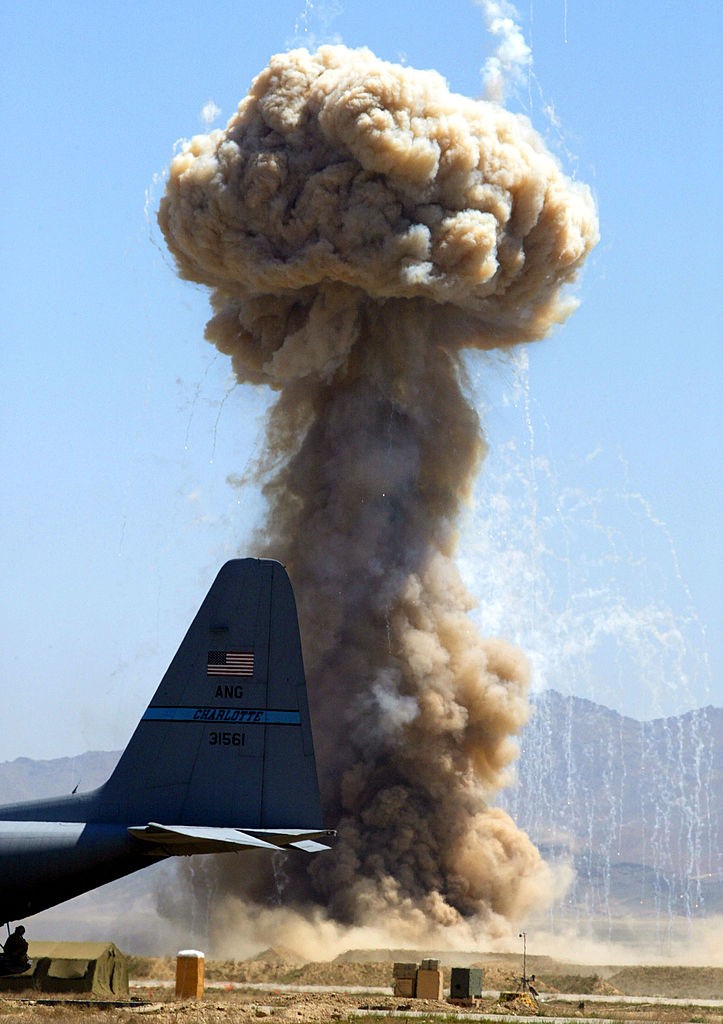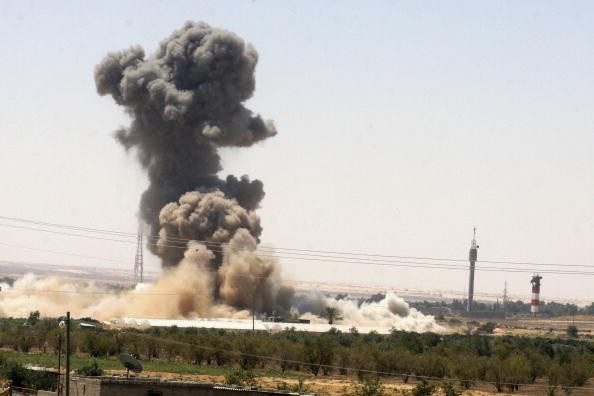Nuclear war would lead to a lot of immediate deaths, but smoke from the ensuing fires would also prompt climate change that could persist for up to 15 years.
Eventually, this may threaten the production of food and human health all over the world, as per a study conducted by researchers at the National Center for Atmospheric Research, Rutgers University, and other institutions.

Global Climate Change
For a long time now scientists have gotten an understanding that nuclear weapons which are utilized on cities and industrial places could prompt massive fires and the great amounts of smoke from the fires moving into the stratosphere could lead to global climate change, bringing about "nuclear winter."
But in the new study, scientists made use of a modern climate model for the first time, including aerosols and NO - nitric oxide - emissions. Then they simulated the outcome on ozone chemistry and surface ultraviolet light triggered by taking in of sunlight by smoke from global and regional nuclear wars.
This could cause majority of our protective ozone layer to be lost and would take one decade to recover, bringing about several years of very high ultraviolet light at the surface of the Earth and putting human health and food supplies in more danger.
Regional Nuclear War
One of the study's authors and also a Distinguished Professor in the Department of Environmental Sciences at Rutgers University-New Brunswick named Alan Robock said: "Although we suspected that ozone would be destroyed after nuclear war and that would result in enhanced ultraviolet light at the Earth's surface, if there was too much smoke, it would block out the ultraviolet light.
Now, for the first time, we have calculated how this would work and quantified how it would depend on the amount of smoke."
The outcome of the study revealed that for a regional nuclear war involving India and Pakistan that would produce soot of about five megatons; the enhanced ultraviolet light would start within one year.
The study can be found in The Journal of Geophysical Research: Atmospheres.

Global Nuclear War
For a global war that involves the United States and Russia producing 150 megatons, it would just kick off after around eight years. The effects for average amounts of smoke would be between these extreme cases.
For a global nuclear war, stratosphere's heating and other factors would lead to a decrease in the ozone column lasting for 15 years, with 75% peak loss worldwide and 65% peak loss in the tropics.
This is greater than the projection from the 1980s, which presumed great injections of nitrogen oxides but the effects of smoke weren't included.
The global column ozone would be decreased by 25% for a regional nuclear war, and recovery will take about 12 years. This is comparable to past simulations but with a rapid time of recovery because of limited lifetime for impure carbon particles (soot) in the recent simulations.
Related Article : Climate Change Update: Nuclear War Can Trigger Mini Ice Age
For more news, updates about nuclear war and similar topics don't forget to follow Nature World News!
© 2025 NatureWorldNews.com All rights reserved. Do not reproduce without permission.





